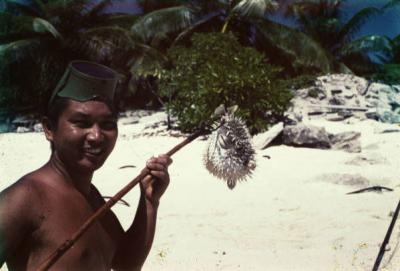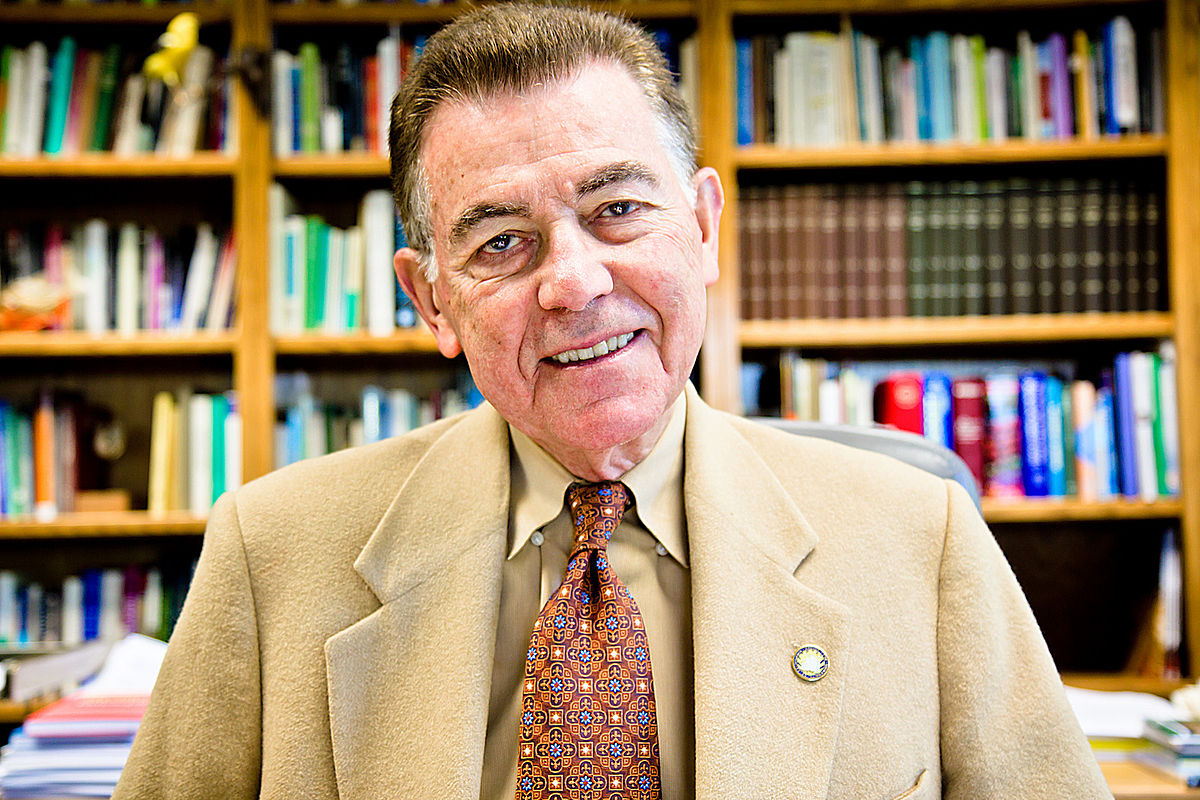1991 Richard Morita
Dr. Richard Morita was born in Pasadena, California on March 27, 1923. After being interned in the Japanese Relocation Camps during World War II, he served in the US Army (1944-1946) and earned his BS in bacteriology/chemistry from the University of Nebraska (1947). He received a MS in bacteriology from the University of Southern California in 1949. In 1954, he received a PhD in microbiology from Scripps Institution of Oceanography. His doctoral dissertation was titled Occurrence and Significance of Bacteria in Marine Sediments. While a graduate student at Scripps, Morita served as a microbiologist on several research cruises including: the MidPac Expedition (1950), the Galathea Deep Sea Expedition (1952), and the Transpac Expedition (1953). He worked as a research biologist at Scripps from 1954-1955. He was an assistant professor of biology at the University of Houston from 1955-1958 and an associate professor of microbiology at the University of Nebraska from 1958-1962. In 1962, he became a professor of microbiology and oceanography at Oregon State University (OSU) where he was named professor emeritus in 1989. Over the years he has held a variety of positions in national and international organizations including: program director for Biochemistry, Molecular Biology Section, BMS, National Science Foundation (NSF) (1968-1969); Advisory Committee on Carbon Dioxide (and Microbiology), National Oceanographic and Atmospheric Association (NOAA, 1976); visiting professor, Ocean Research Institute, University of Tokyo (1978); consultant, Battelle Pacific Northwest Laboratory (1979); consultant, Strategic Petroleum Reserve, Lawrence Livermore Laboratory (1979); and scientific advisor, Operation DeepStar, Japan Marine Science and Technology Center, Japan. In 1984, he was given the Milton Harris Award in Basic Research from Oregon State University, College of Science.

